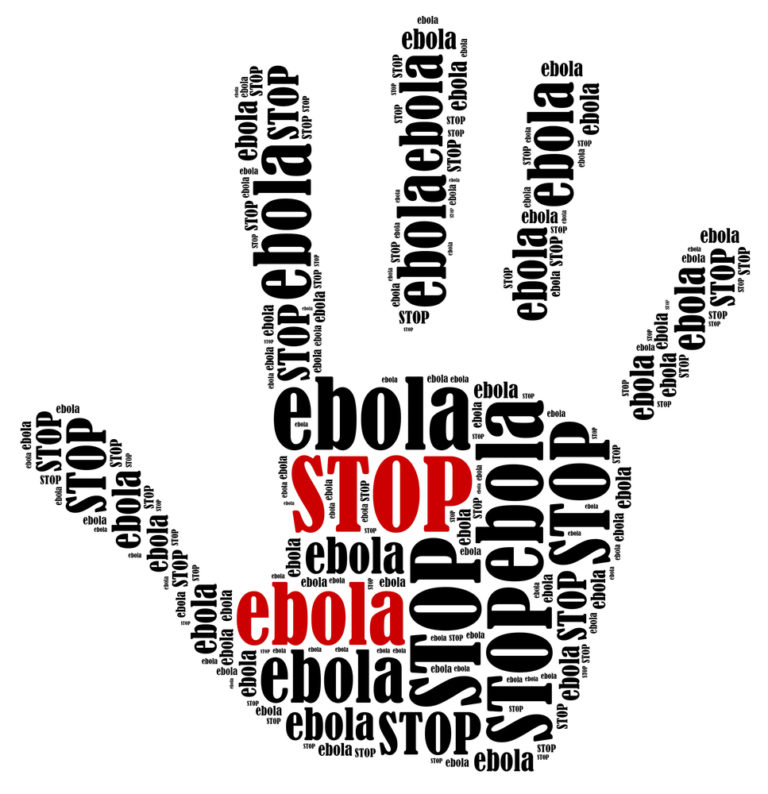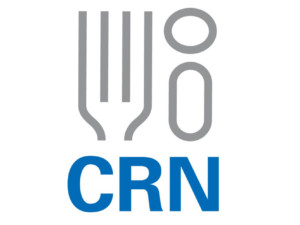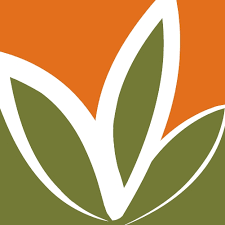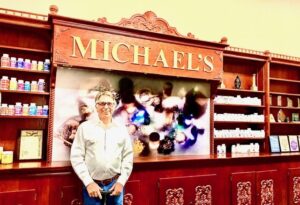The dietary supplement industry is aware of public concern regarding the Ebola virus and of the desire of the public to protect itself against this virus, which is why the top trade associations of the dietary supplement industry support the responsible sale and use of health-promoting vitamins, minerals, herbs and other dietary supplements, reported the coalition.
The American Herbal Products Association (AHPA), the Consumer Healthcare Products Association (CHPA), the Council for Responsible Nutrition (CRN), the Natural Products Association (NPA), and the United Natural Products Alliance (UNPA) are endorsing the following unified advisory for marketers and retailers, as well as for consumers of dietary supplements:
“We are unaware of any scientific data supporting the use of dietary supplements to prevent Ebola virus infection or treat Ebola virus disease. Furthermore, federal law does not allow dietary supplements to claim to treat any diseases, including Ebola virus disease,” reported the coalition.
- Marketers and retailers of dietary supplements are urged to refuse to stock or sell any supplements that are presented as treating or curing Ebola virus disease, or preventing Ebola virus infection.
- Marketers and retailers should refrain from promoting any dietary supplement as a cure or treatment for Ebola virus disease.
- Anyone who believes they may have Ebola virus disease or may have come in contact with the Ebola virus should contact a healthcare professional immediately. The Centers for Disease Control and Prevention has more information on Ebola virus disease and the proper actions to take if you suspect you are ill.
“While there are many dietary supplements that have much to offer in terms of enhancing general immune function, therapies for the treatment of Ebola virus disease should only be recommended by qualified healthcare professionals or public health authorities,” reported the coalition.
The organizations supporting this advisory represent the majority of dietary supplement manufacturers. Each of the associations and its member companies remain committed to providing the American public with high-quality products for supporting personal health and permitting “self-care” choices. Each of the associations is also committed to recognizing that self-care is discouraged for some health conditions. The current outbreak of Ebola virus disease is such a condition.
The top officials of the coalition are Michael McGuffin, president, AHPA; Scott Melville, CHPA president and CEO; Steve Mister, president and CEO, CRN; Daniel Fabricant, PhD, executive director and CEO, NPA; and Loren Israelsen, president, UNPA.
For more information visit, www.ahpa.org, www.otcsafety.org, www.crnusa.org, www.npainfo.org or www.unpa.com.













